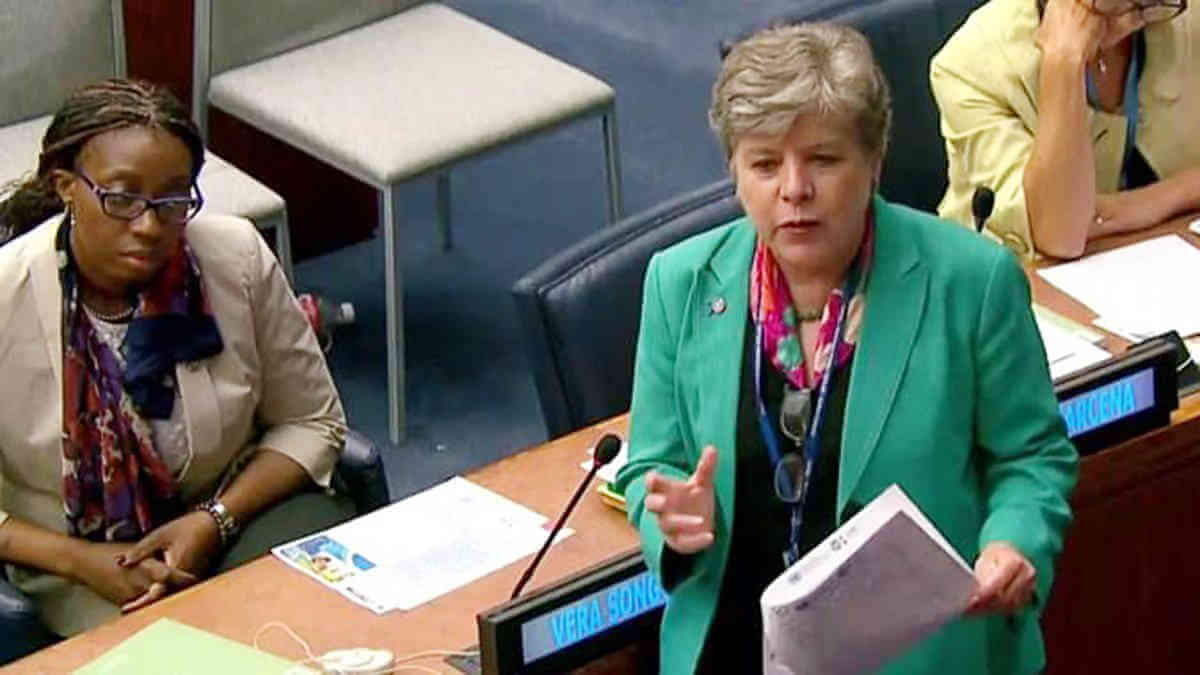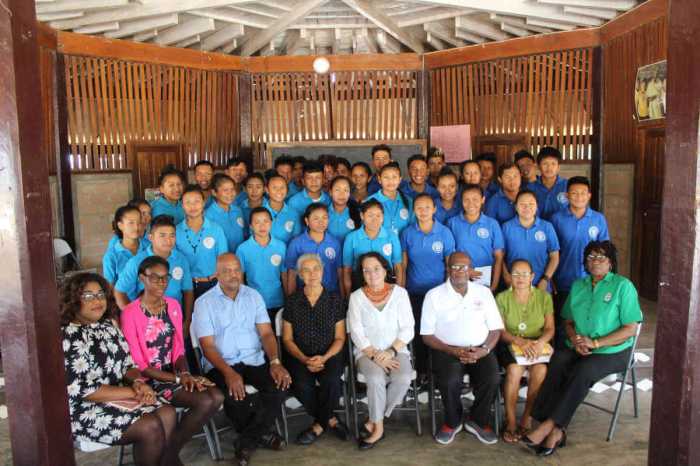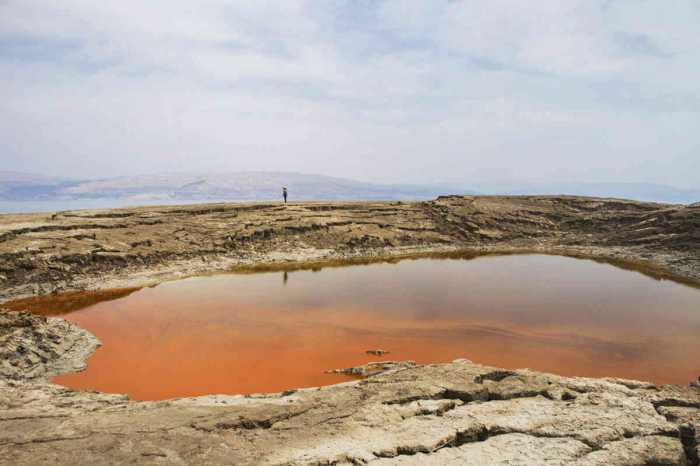Executive Secretary of the Economic Commission for Latin America and the Caribbean (ECLAC), Alicia Bárcena, says technology and innovation are “crucial means” for implementing the United Nations’ 2030 Agenda and the Addis Ababa Action Agenda.
In addressing a high-level roundtable organized by Egypt, in its role as president of the UN’s group of 77 (G77) and the UN’s Regional Economic Commissions, Bárcena said “their advances show great promise for eradicating poverty and promoting sustainable development.”
Bárcena told the side event, “Technology and Innovation for Sustainable Development: Regional experiences to promote youth employment and address inequality,” held in the framework of the High-level Political Forum (HLPF) taking place at United Nations headquarters in New York, that “accelerated technological change and digital disruptions are destined to play a very important role in the achievement of the Sustainable Development Goals.”
“They represent an opportunity, but only if our societies, if our educational systems and the way in which we forge a new social compact between governments, the private sector, academia and young people, change the paradigm through which we address technological problems,” she said.
The senior United Nations official said that, in Latin America and the Caribbean, Internet use reaches 60 percent of the population that is mostly young.
But, she added that “there continue to be gaps between urban and rural areas, and significant gender gaps that, along with others, limit women’s access to scientific careers.
“We need to make faster progress on educational matters, but let’s think about what type of education we need,” Bárcena said. “We must think about whether our educational systems are ready for the challenges of the future.”
She said that new digital ecosystems must be created that allow for revamping educational models and reducing gaps in access, application and gender equality with regard to the use of new technologies and the future of work.
“We need to help young people understand new technologies, because many of the jobs that exist today will not exist in the future,” the ECLAC chief said. “We are preparing people for jobs that will not exist. Sixty-five percent of the children entering primary school will have jobs that do not exist today.”
Bárcena also highlighted the Digital Agenda eLAC 2020, a regional tool that seeks via cooperation to continue making progress on inclusion, the digitalization of production, the development of capacities in the population, and on promoting open government and a governance that stimulates collaboration among countries.
In an address earlier in a side-event, organized by the government of Argentina, she stressed that the achievement of the 2030 Agenda for Sustainable Development and its goals (SDGs) “requires the impetus of regional cooperation among Latin American and Caribbean countries.”
Bárcena emphasized two priorities for advancing toward the achievement of the 2030 Agenda in the region.
She identified them as bolstering countries’ financial security networks by strengthening the provision of counter-cyclical financing to face external shocks and mobilizing resources for development, while also promoting intraregional trade as a fundamental step toward integration.
In addition, Bárcena called for promoting development banks “in their role as providers of financing for projects related to infrastructure, production, social development and mitigation in light of climate change.”


























